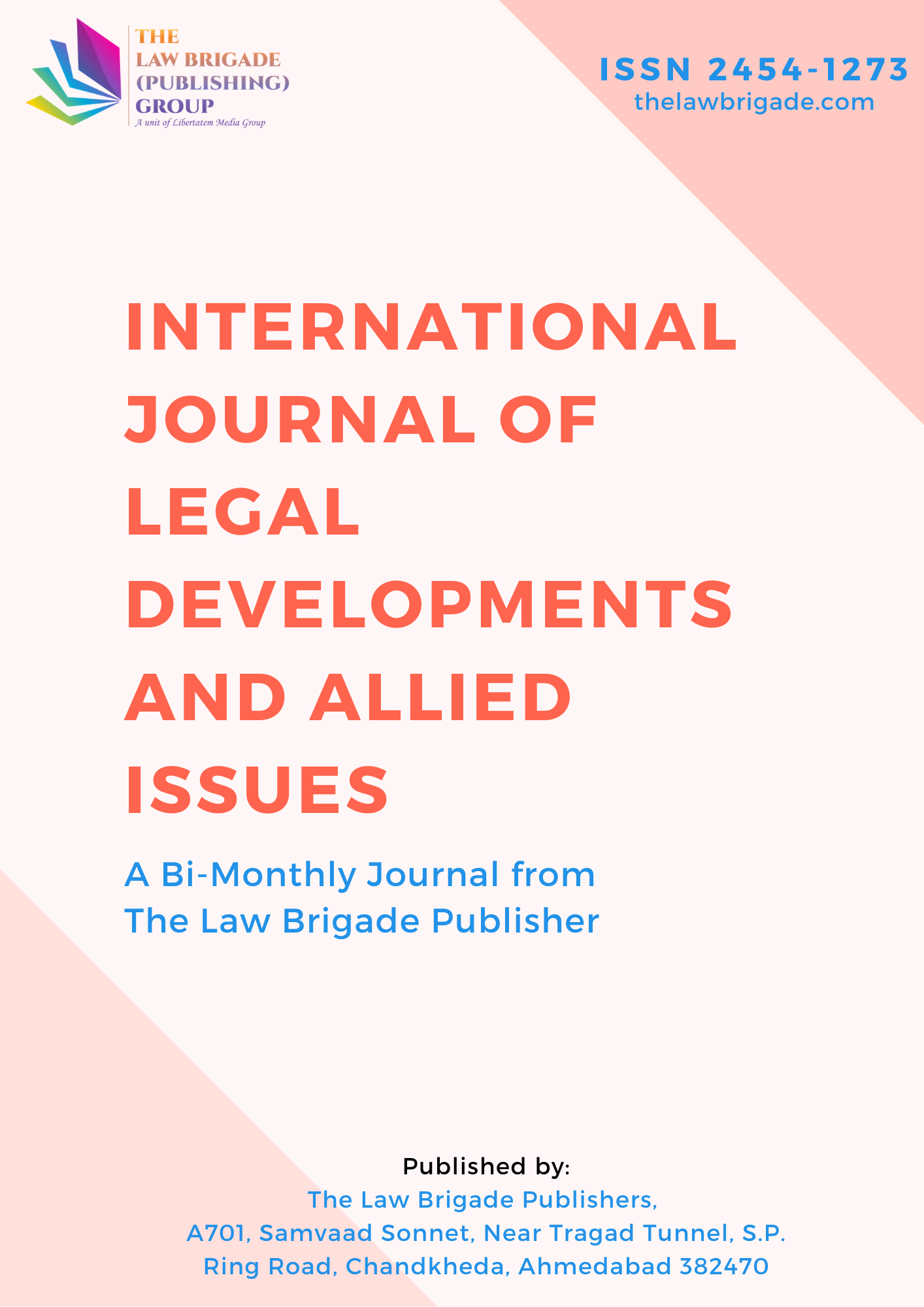The right to privacy is a basic human right that is established in several international treaties. It is critical for the safeguarding of human dignity and is one of the fundamental tenets of a democratic state.
The right to privacy is declared as a fundamental right in Puttaswamy v UOI[i]. It is not only declared as a basic human right under the universal declaration of human rights act 1948 but it is also mentioned in the international convention on civil and political rights,1966. The term privacy in its basic form means the right to be left alone or the privilege of an individual to live his/her life without any unwarranted publicity. With technology invading the day-to-day functioning of the people has completely changed the scope of the right to privacy in India from mere right to property-related matters. Dr Ambedkar has considered social democracy the most important over political democracy. The right to privacy includes myriad rights like medical privacy, the right to be forgotten, the right to be left alone, the privacy of sexual orientation and matrimonial privacy. The landmark judgement of Apex court in the case of Putaswamy in which SC has granted the right to privacy the status of fundamental right and overruled its previous judgements of MP Singh and Kharak Singh[ii] to the extent that both the judgements held that there is no fundamental right to privacy.
[i] MANU/CA/0204/2008
[ii] (MP Sharma and Kharak Singh’s case: ‘Privacy not a Fundamental Right,’ Supreme Court had held decades ago-India News, Firstpost, 2022)





